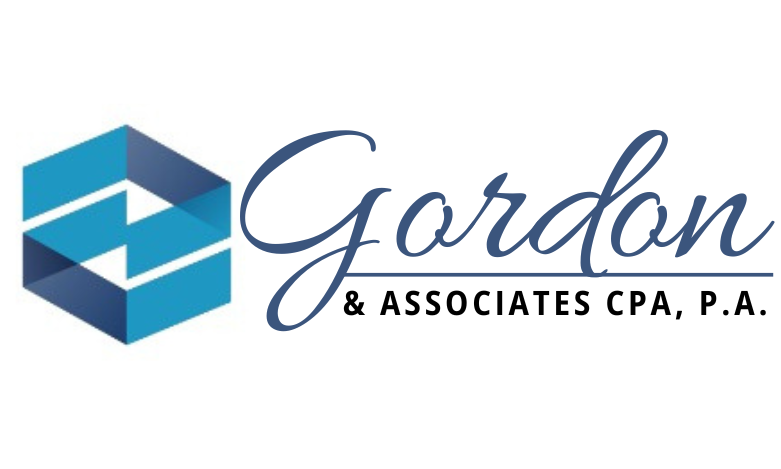The Basics of Cash Flow Management:
Tips for Small Businesses

Cash flow is the lifeblood of any business, yet it’s one of the most overlooked aspects of financial management. Even profitable businesses can struggle if cash isn’t flowing smoothly. This guide explores the basics of cash flow management and provides actionable tips to keep your small business on a solid financial foundation.
What is Cash Flow?
Cash flow refers to the movement of money in and out of your business. It’s typically divided into two categories:
- Positive Cash Flow: When incoming cash (sales, accounts receivable) exceeds outgoing cash (expenses, payroll).
- Negative Cash Flow: When outgoing cash exceeds incoming cash.
Understanding your cash flow helps you maintain liquidity and avoid financial bottlenecks.
Why Cash Flow Management Matters
Poor cash flow management can lead to:
- Inability to pay bills or employees
- Missed growth opportunities
- Increased reliance on debt
By managing cash flow effectively, you can ensure your business stays operational and poised for growth.
5 Tips for Managing Cash Flow
1. Monitor Cash Flow Regularly
Keep a close eye on your cash flow by creating a cash flow statement. This statement tracks all inflows and outflows, giving you a clear picture of your financial health.
Tip: Use accounting software to automate cash flow tracking and generate real-time reports.
2. Speed Up Accounts Receivable
The faster you collect payments, the healthier your cash flow. Encourage customers to pay promptly by offering incentives like discounts for early payments.
Strategies:
- Send invoices immediately after delivering goods or services.
- Use online payment systems to make transactions convenient.
- Follow up on overdue payments with reminders or phone calls.
3. Manage Accounts Payable Strategically
While you want to collect payments quickly, it’s also important to manage outgoing payments effectively. Take full advantage of payment terms to keep cash in your business longer.
Strategies:
- Negotiate longer payment terms with suppliers.
- Prioritize bills based on their due dates and importance.
- Avoid late fees by paying critical bills on time.
4. Maintain a Cash Reserve
Unexpected expenses or slow months can disrupt cash flow. Having a cash reserve can help you cover emergencies without relying on debt.
Tip: Aim to save at least three to six months of operating expenses in a separate business savings account.
5. Cut Unnecessary Expenses
Review your business expenses regularly and identify areas where you can cut costs without compromising operations.
Examples:
- Switch to more affordable suppliers.
- Reduce energy consumption in the office.
- Cancel unused subscriptions or software.
Effective cash flow management is essential for sustaining and growing your small business. By monitoring cash flow, speeding up receivables, and maintaining a cash reserve, you can build a financially resilient business. Need help setting up a cash flow management system? Contact us today for expert guidance!
Subscribe to our newsletter to receive our latest blog directly to your inbox.
- Business Financial Management
- Regulations and Compliance
- Tax Planning and Compliance
- Tax Planning and Strategies
- Conducting a Comprehensive Year-End Financial Review: A Guide for Small Business Owners
 A thorough year-end financial review is essential for assessing your business’s performance and planning for the future. Analyze revenue, expenses, cash flow, debt, and tax obligations to identify areas for growth and improvement. Reviewing key performance indicators (KPIs) and setting financial goals will help you start the new year on solid ground. Need expert assistance with your year-end financial review? Contact us today to ensure your business is positioned for success!
A thorough year-end financial review is essential for assessing your business’s performance and planning for the future. Analyze revenue, expenses, cash flow, debt, and tax obligations to identify areas for growth and improvement. Reviewing key performance indicators (KPIs) and setting financial goals will help you start the new year on solid ground. Need expert assistance with your year-end financial review? Contact us today to ensure your business is positioned for success! - Developing an Effective Budget for the New Year: A Step-by-Step Guide for Small Business Owners
 Start the new year with a strong financial foundation by creating a well-structured budget. Assess your past financial performance, set clear business goals, and accurately estimate revenue and expenses. Allocate funds strategically, prepare for unexpected costs, and monitor your budget regularly to stay on track. Need expert guidance on financial planning? Contact us today to ensure your business is set up for success in the new year!
Start the new year with a strong financial foundation by creating a well-structured budget. Assess your past financial performance, set clear business goals, and accurately estimate revenue and expenses. Allocate funds strategically, prepare for unexpected costs, and monitor your budget regularly to stay on track. Need expert guidance on financial planning? Contact us today to ensure your business is set up for success in the new year! - Improving Cash Flow During the Holiday Season: Practical Tips for Small Business Owners
 The holiday season can bring both opportunities and challenges for small businesses. To maintain strong cash flow, forecast seasonal trends, speed up receivables with early payment incentives, and manage expenses wisely. Optimize inventory, explore financing options if needed, and maximize revenue through strategic promotions. Regular cash flow monitoring and post-holiday planning are key to long-term stability. Want expert guidance on managing holiday finances? Contact us today for personalized financial strategies!
The holiday season can bring both opportunities and challenges for small businesses. To maintain strong cash flow, forecast seasonal trends, speed up receivables with early payment incentives, and manage expenses wisely. Optimize inventory, explore financing options if needed, and maximize revenue through strategic promotions. Regular cash flow monitoring and post-holiday planning are key to long-term stability. Want expert guidance on managing holiday finances? Contact us today for personalized financial strategies!

